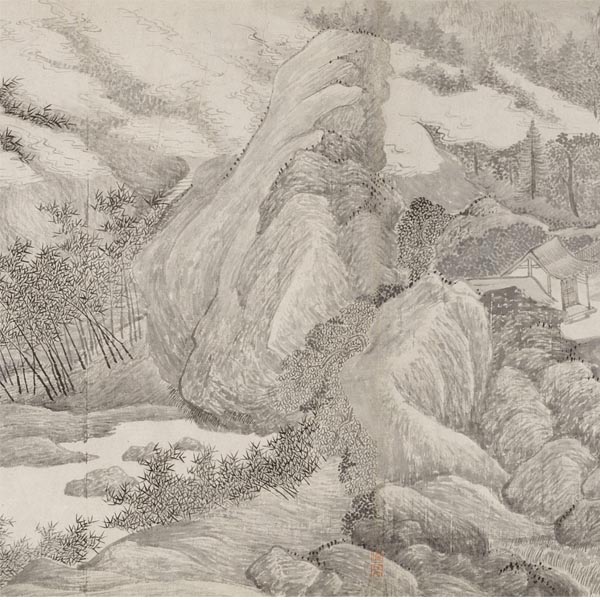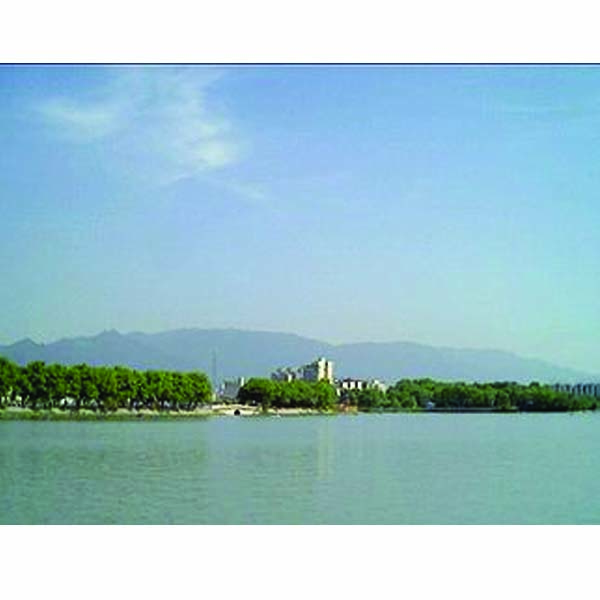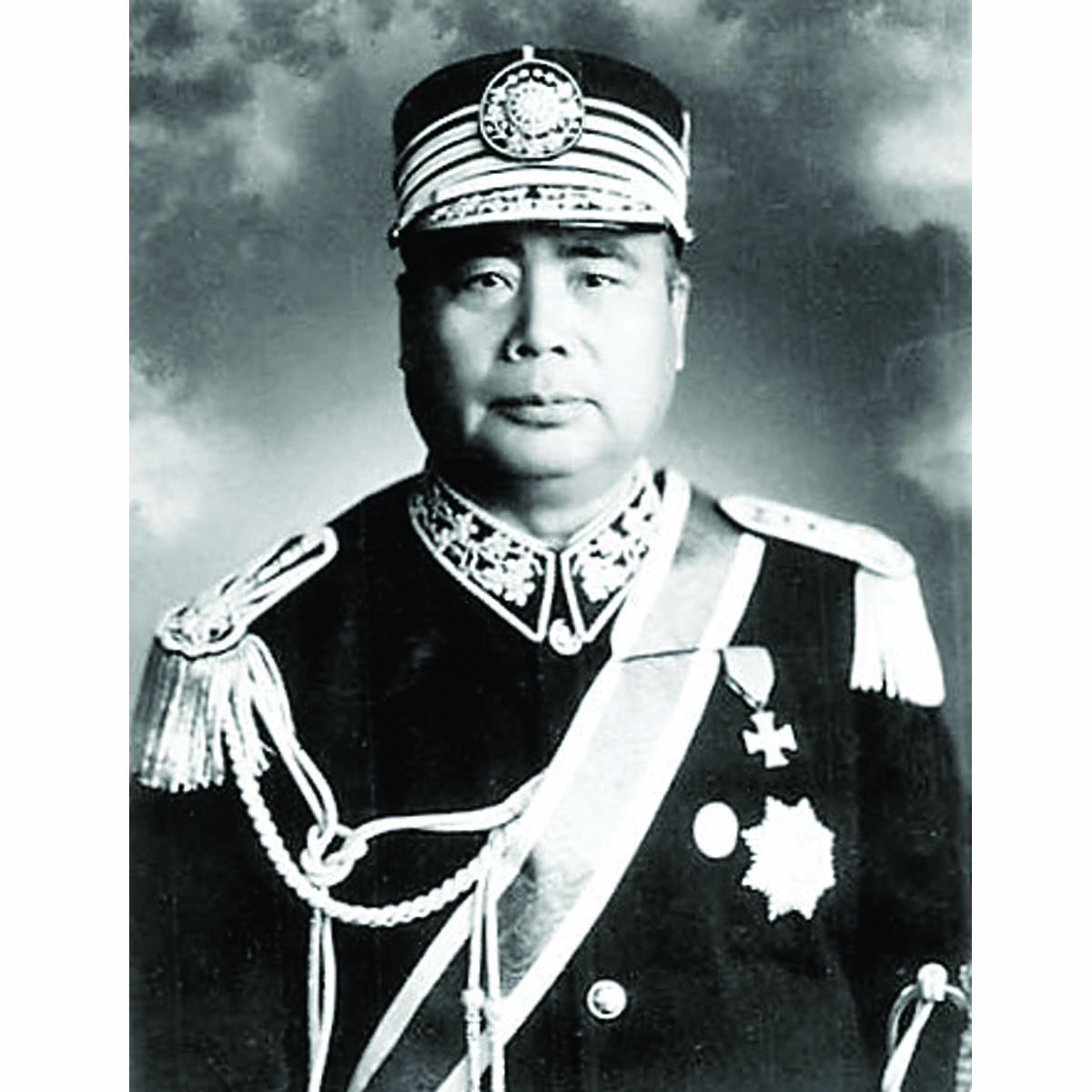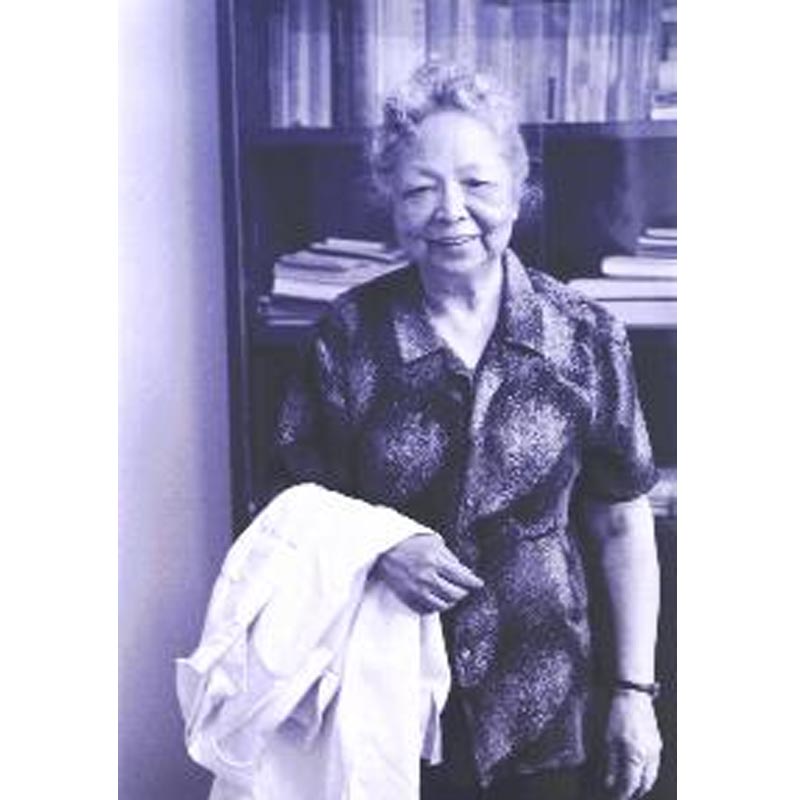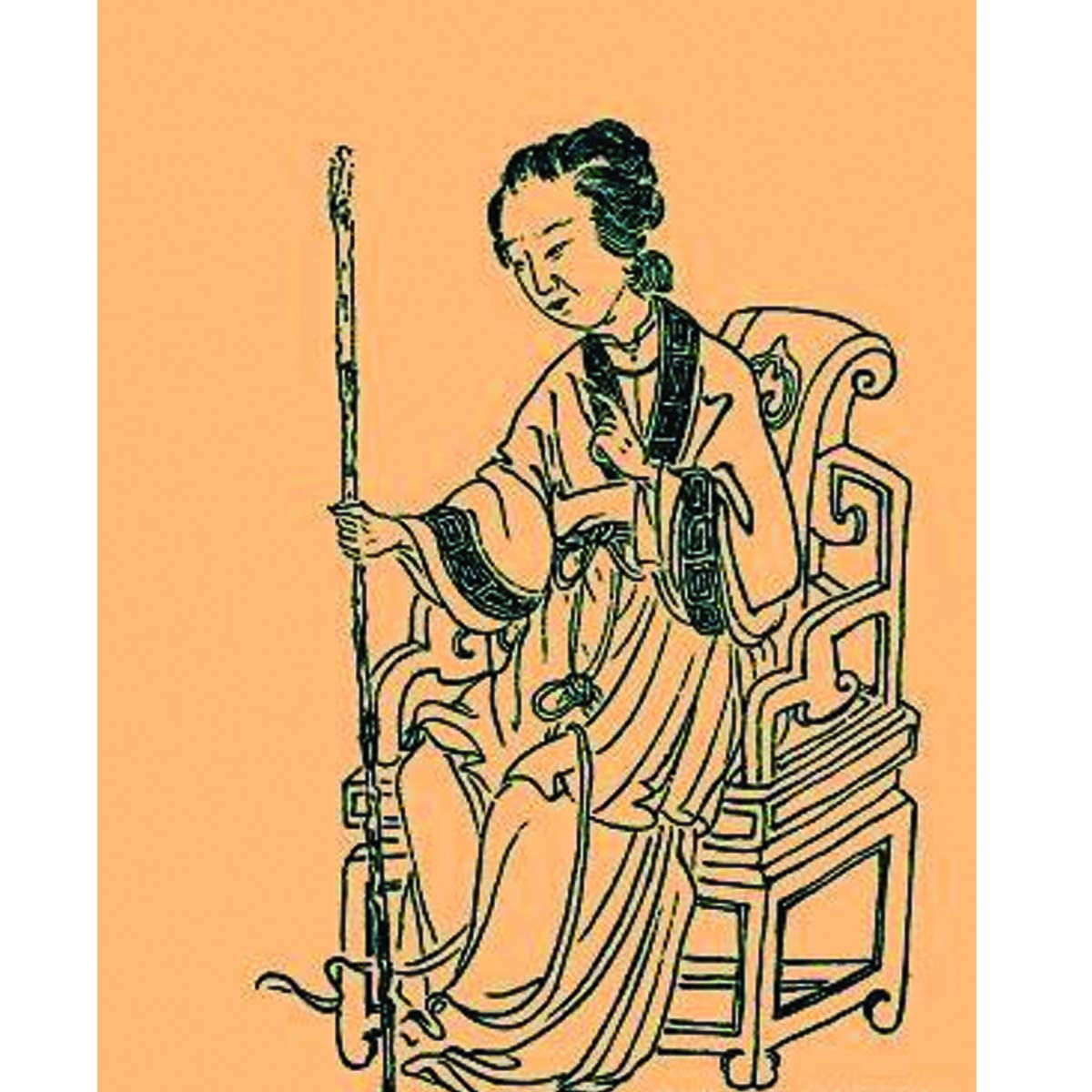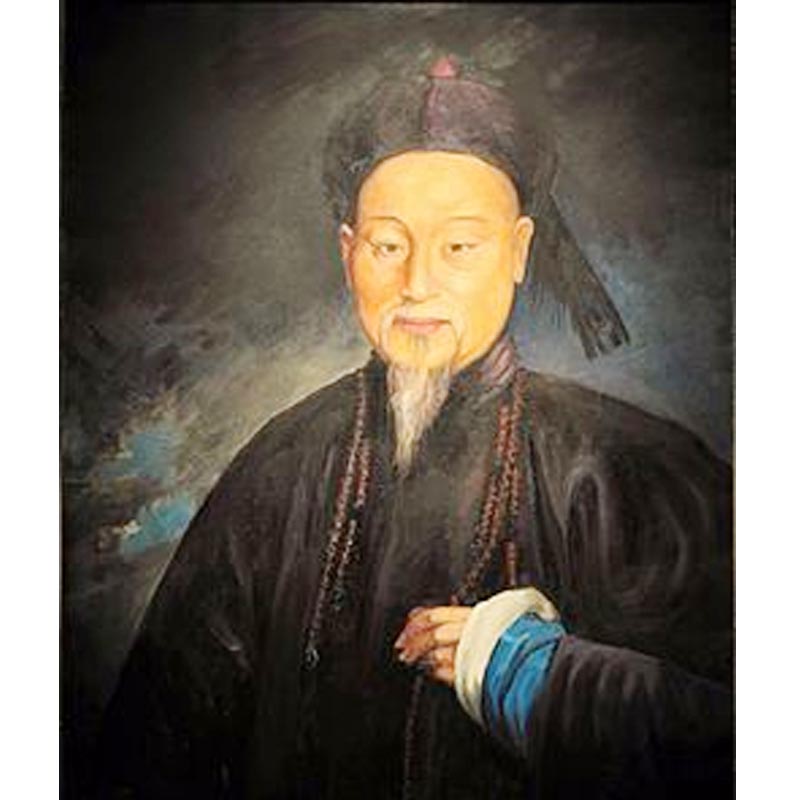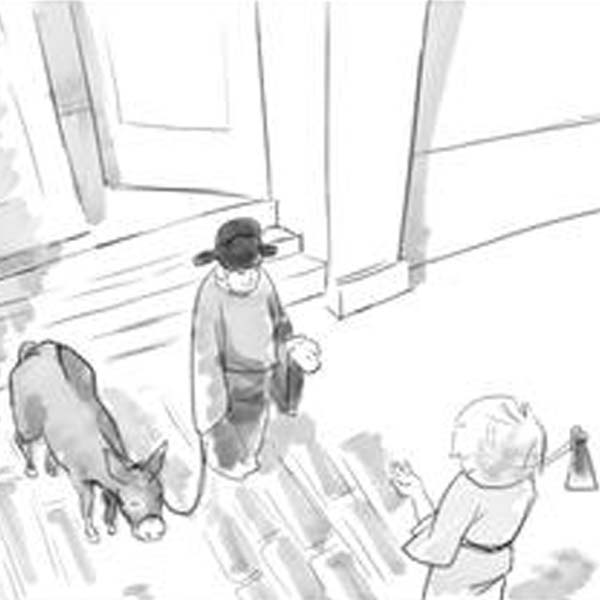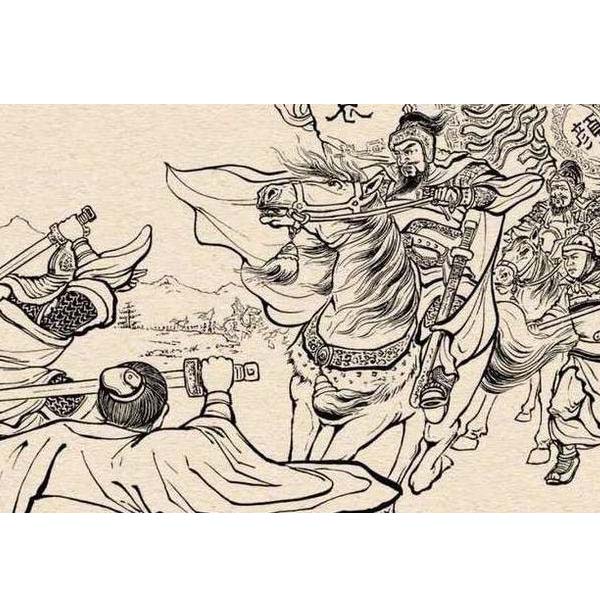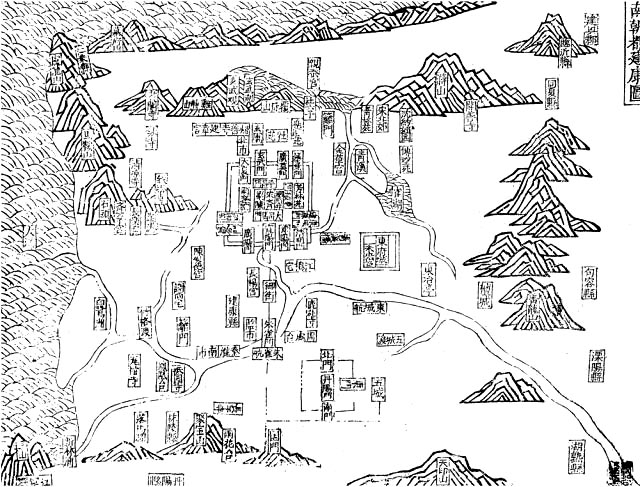In 1492, during the Ming Dynasty, Wang Ji (王繼) became the deputy minister of war in Nanjing. At the time, the Ministry of War did not have its own building but only occupied a borrowed private house as temporary headquarters. After Wang Ji assumed office, he used his own salary to purchase a private house […]
Stand out
